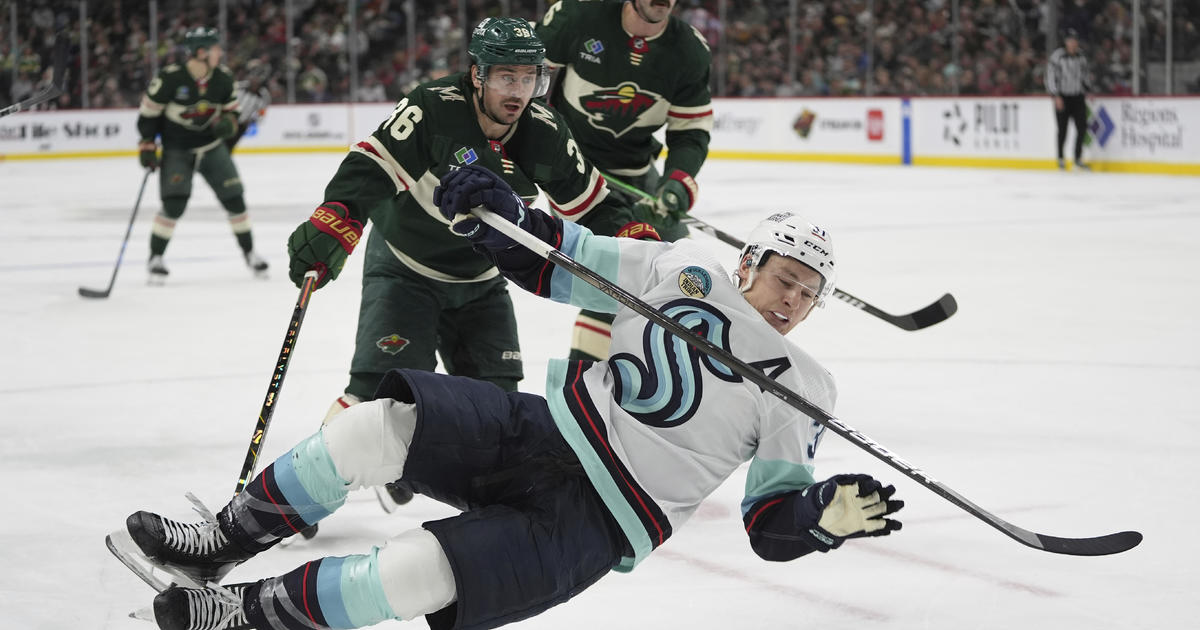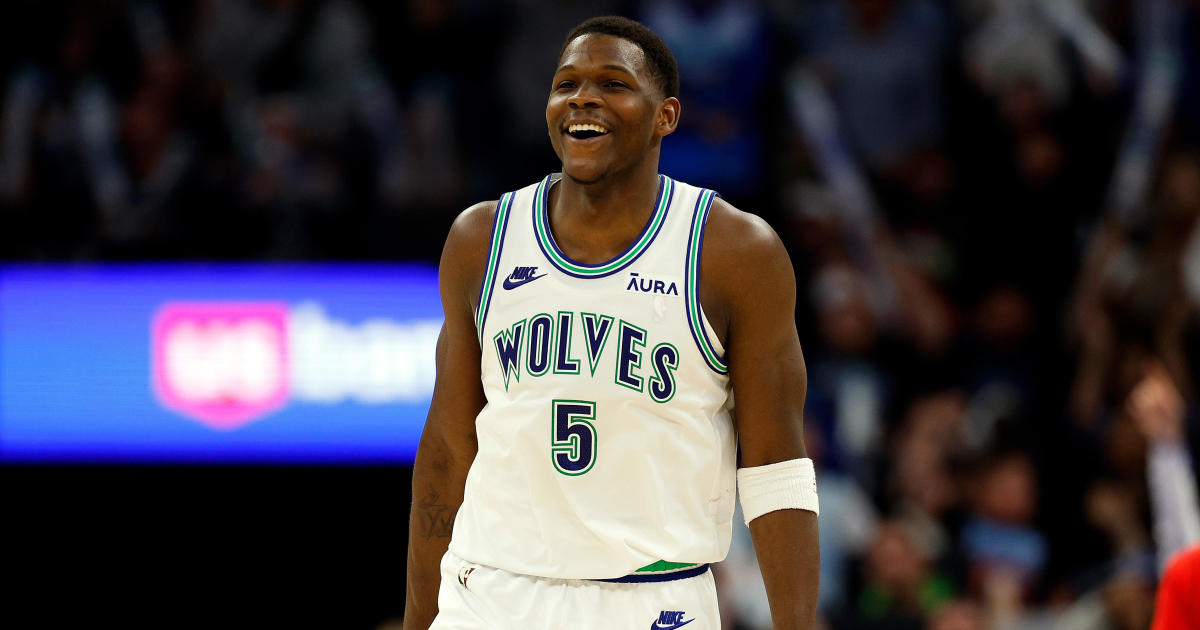As Competition Rises, Team Sports Decline But Traveling Teams Soar
MINNEAPOLIS (WCCO) -- Research shows that kids who play sports are healthier, get better grades and four times more likely to go to college.
That's why experts are so concerned about this: Fewer and fewer kids are playing team sports.
According to a national study by the Sports Fitness Industry Association, participation among kids ages 6-to-17 has declined more than 9 percent in the last five years.
And many experts are putting the blame squarely on traveling teams.
In Lino Lakes, Amy Niederkorn's 14-year-old son Nathan plays for the Minnesota Icemen traveling baseball team. The five-month winter program alone -- two travel tournaments included -- costs nearly $2,000. It's one of the least expensive.
"Rec ball is more laid back," she said. "And he really wanted the extra step."
Over the last 20 years, the Niederkorns have become the norm. With the best coaching, training and competition, the number of families shifting from community rec leagues to traveling teams has soared -- bringing the cost and time commitment up with it.
How much money do the Niederkorns spend on Nathan's baseball?
"Maybe six to ten grand?" she said. "A year?"
Amy says although they can barely afford it, it's worth it.
"I don't think it's a lot for what he's getting," she said. "You can pay 100 dollars to play rec ball. Or you can pay a couple hundred extra."
Or ten grand extra?
"Right," she said with a laugh.
"It's a big ask of a lot of families, and many simply can't afford it," said Tom Farrey, who heads the Aspen Institute's initiative on youth sports called Project Play, an extensive study created to find out why fewer kids are playing sports.
What it found is that the shift from rec teams to travel is pricing out people who can't afford it and burning out ones who can.
"The system is a bit broken and needs some reform in order to do what's right for the most kids, in terms of health and well-being," said Dr. Nicole LaVoi, a professor at the University of Minnesota and one of the experts who worked on Project Play.
They discovered that with the kids and resources now flowing to the travel teams, the rec leagues are hurting -- both in terms of numbers and quality. And those kids, feeling marginalized, often quit.
In Minnesota, the shift has been dramatic. As an example, according to Dan Klinkhammer, the executive director of Minnesota Youth Athletic Services, there were 23 teams at the first MYAS traveling basketball state tournament in 1991. This spring, there were more than 1,400.
And over that same period of time, Minneapolis Parks and Rec has seen its total number of teams across all sports drop 22 percent, according to athletic and aquatics director Mimi Kalb. In just the last six years, they've lost 600 kids.
"What should the purpose of youth sport be?" LaVoi said. "Should it be to serve the interests of a few? Or should the purpose of youth sport be health, wellness, and healthy development for all kids?"
And here's the real kicker. The research shows that all this, isn't actually in the interests of the travel kids either. For different reasons --- most commonly, too much focus on training and winning has made it, not fun anymore --- a lot of them end up quitting too.
Overall, 70 percent of kids quit team sports by age 13.
Experts say there are certainly other factors contributing to the decline in participation in youth sports, such as the recession, cuts to school physical education programs or too much "screen time" with technology.
But they say the issue of access to quality, affordable sports programs is paramount.
"A single parent can't change the system, and there are real costs in having your kid run against the grain." Farrey said. "The real solution is a community solution."
Is a huge key to that raising the quality of our community rec sports programs?
"That's part of it," Farrey said, "revitalizing those. But it's also a matter of training coaches in the key competencies of working with kids."
Those are among eight recommendations Project Play has encouraged communities to take action on. And the stakes couldn't be higher.
Because if they don't, in another 20 years, Farrey says it might be too late.
"We will have lost the notion that sports are an egalitarian exercise," he said. "That if you try hard, that a great athlete can come from any place, any home. That's the way sports was for most of the last 100 years. But we are morphing into a nation of sports haves and have nots. And ultimately I think that will undermine sports in this country."



